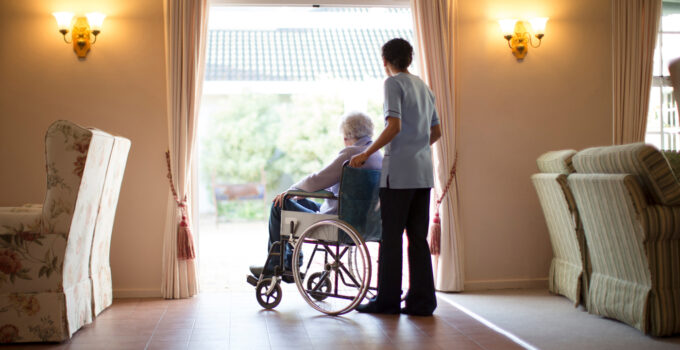COVID-19 has been one of the most difficult things the world has faced in recent memory. It has led to not only the health-related toll and the deaths globally but also economic repercussions and a slew of other issues.
Nursing homes have been taking on the brunt of some of the effects of COVID-19, and now families around the country and perhaps even the world are wondering if their loved ones have been subjected to nursing home abuse or neglect, directly or indirectly.
First, what’s important to realize is that nursing home neglect can occur in various ways, according to Strom Law Firm.
The most common type of nursing home neglect is emotional neglect, although it may not be what we think of first. Emotional neglect contributes to nursing home residents feeling ignored and can lead to anxiety and depression.
The following are some of the other things to know about infection control and potential nursing home neglect during COVID-19.
Page Contents
Mandates in New York and the Other States
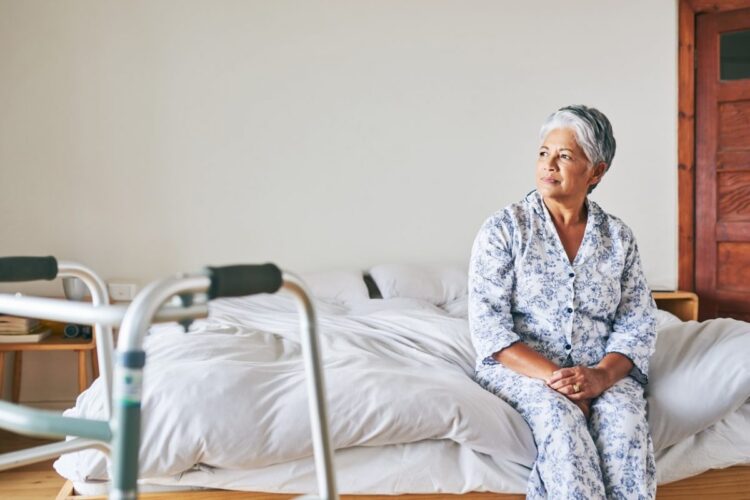
Source: caitlin-morgan.com
Some state governors have faced heat for requiring that COVID-infected patients return to nursing homes. New York Governor Andrew Cuomo is one example. When patients were medically stable, they could move back into nursing homes according to a state mandate.
Thousands died in nursing homes in New York, and some have called for investigations into how that happened.
In May, the Governor did change the order from March. That change ensured hospitals weren’t able to discharge patients to nursing homes unless they tested negative for COVID.
There’s been a debate between state governments and nursing home facilities as far as who’s to blame in this situation.
Nursing home administrators say they didn’t know they had a choice regarding whether or not to accept patients with COVID. Governors have said that nursing homes should have spoken out if they could not safely take patients.
What seems to have happened ultimately is that nursing homes weren’t technically required to take COVID patients, but it wasn’t communicated to them clearly that they weren’t required.
At this point, this situation is still ongoing, so we don’t know how it will turn out as far as liability and legality.
There’s also another issue that has been uncovered in many of these nursing homes with high death rates. Many of the residents appear to have become ill because of infected staff.
It’s likely a combination of many factors that led to devastating outcomes in some nursing homes throughout the country.
Nursing Homes Trying to Limit Liability
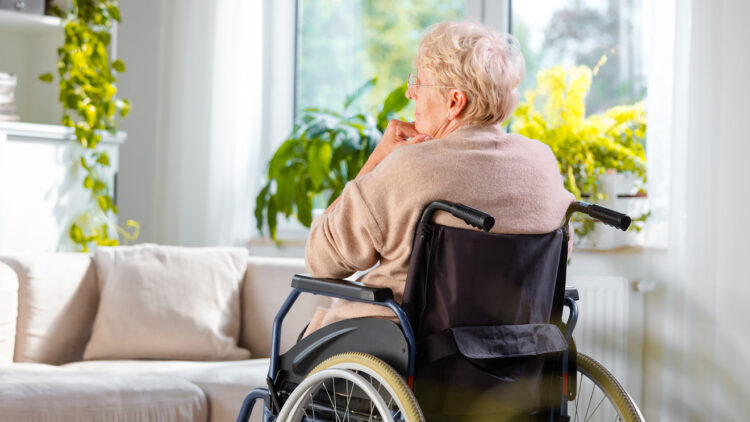
Source: marketwatch.com
Whether it’s because of poor infection control and policies within the nursing home, or other factors, we do know that many nursing homes are trying to work to limit their liability.
Dozens of states have taken actions to limit health care liability in the past few months, and nine states specifically cover nursing homes in that.
The nursing home industry wants more done. They want similar protections at the federal level and in other states.
Nursing homes are working with trade groups to push for national lawsuit immunity related to injuries, harm, or death that occurred because of action or inaction during COVID-19.
The nursing home industry says their staff needs to feel safe to make decisions with limited resources.
Were the Risks Known Before COVID?
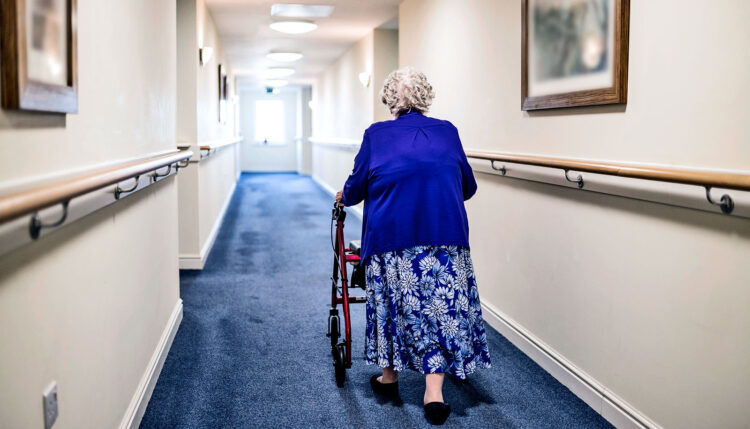
Source: ctmirror.org
Unfortunately, it appears that the risks of infection in nursing homes was an issue well before COVID-19 came to the U.S.
In 2019, there was a Government Accountability Office report that found 82% of nursing homes had been cited for issues related to infection control. Staffing and infection problems have long plagued the industry.
Even so, once the COVID pandemic reached the U.S., these facilities didn’t seem to implement even some of the most basic of protocols to slow the spread.
By the start of summer, around 40,000 people had died of coronavirus in U.S. long-term facilities.
In states like Pennsylvania, nursing home deaths have made up nearly 80% of total corona deaths in the state.
What About Visiting Loved Ones?
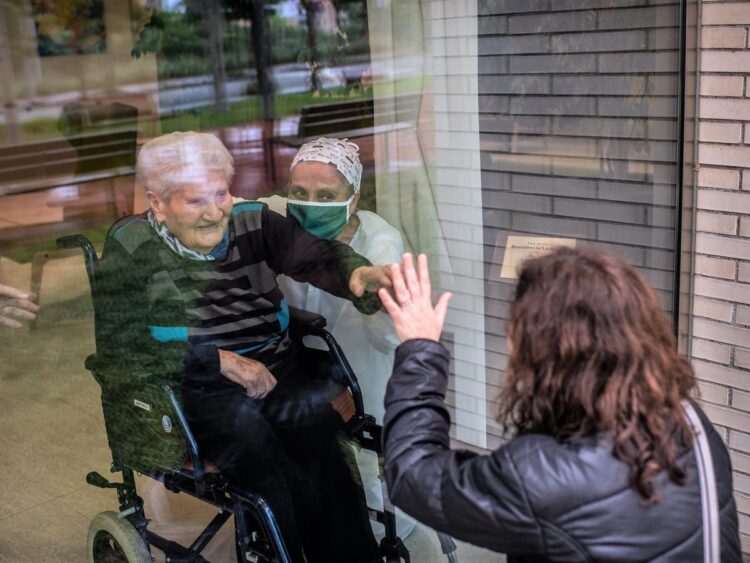
Source: theconversation.com
There are so many problems for nursing homes right now in addition to infection-related concerns.
For many people in nursing homes, they’ve not been able to see their loved ones since March, and that in and of itself is leading to deaths more than likely.
When patients and residents can’t have visitors, it can also increase the likelihood of abuse or neglect since there’s less accountability.
As of the start of October, 43 states and D.C. have allowed nursing homes to resume visits with limitations.
However, the rest of the states still have nursing homes in lockdown, with entrance to the building limited to essential staff and outside visitors only allowed in compassionate care situations.
Nursing Home Regulations
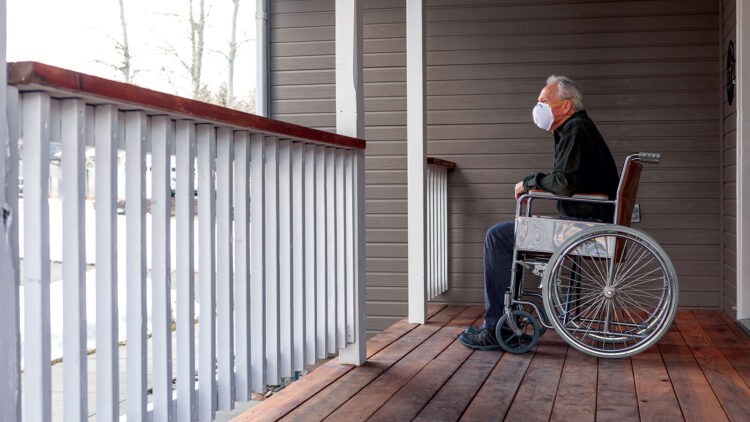
Source: mcknights.com
Nursing homes are federally regulated by the Centers for Medicare & Medicaid Services, along with states. Facilities have to be compliant with federal laws to be eligible for Medicare and Medicaid payments.
What If You Have a Concern?
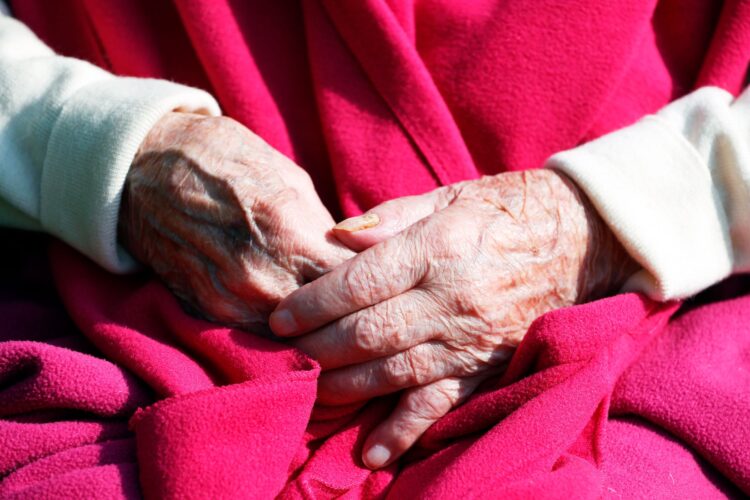
Source: wired.com
If you are concerned about your loved one’s care, including neglect or abuse, or potential coronavirus protocols, what should you do?
First, you should try to talk to the nursing home. Go to them with specific questions and concerns ready.
If you don’t get a response or a response you feel is acceptable from the facility, you might reach out to the long-term care ombudsman in your state. These programs are found in all 50 states and D.C., as well as Puerto Rico and Guam.
These programs address problems related to nursing home care and long-term care communities.
There are volunteers and staff at ombudsman offices who advocate for long-term care residents.
If you still don’t feel that you’ve found a solution to the problem, you can file a complaint with your state survey agency.
You might also want to speak to a professional attorney to figure out what else can be done and what your next steps should be.

